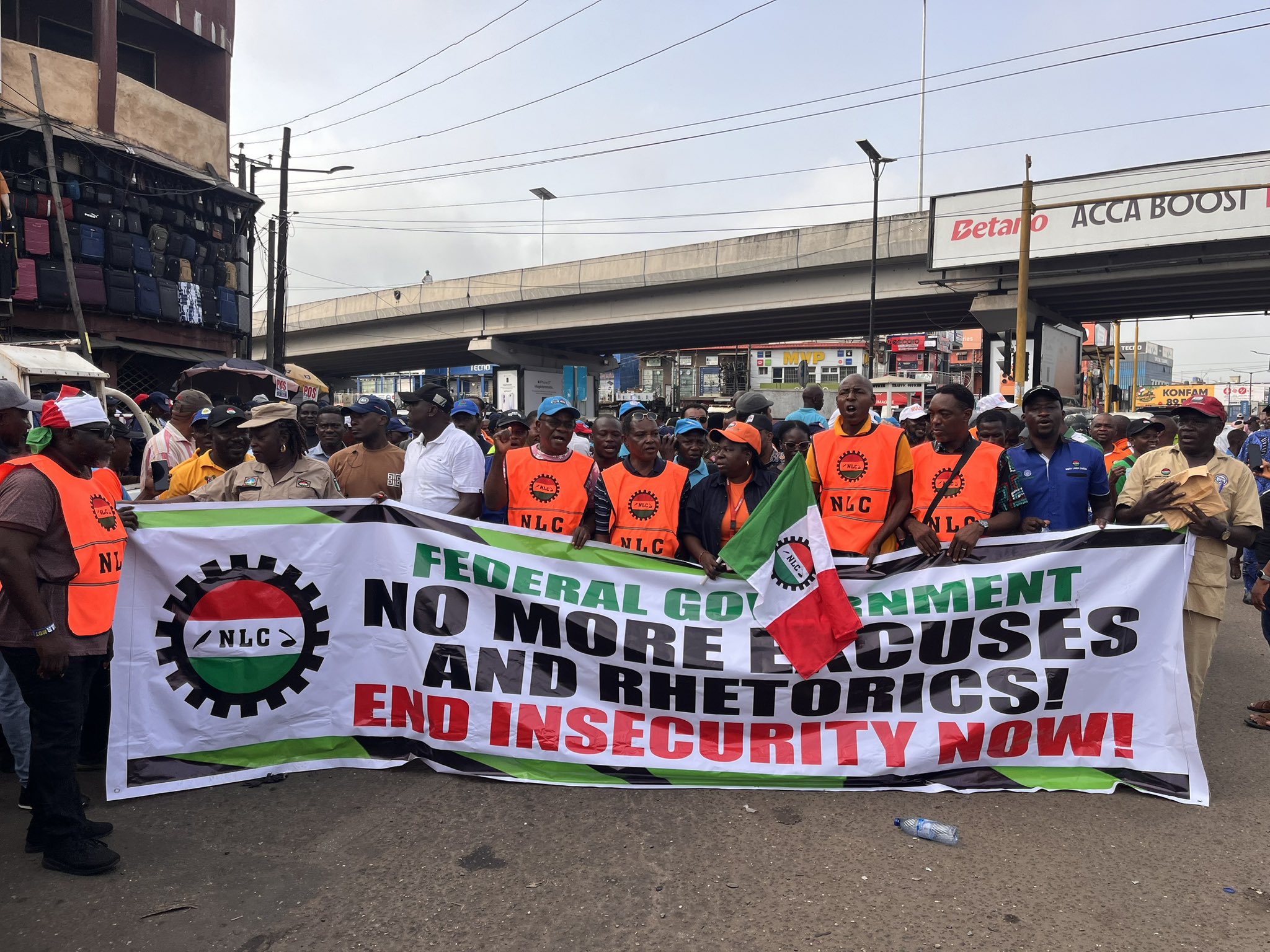Day 5 – Investor protection policies
International
Published on 2017 April 12, Wednesday Back to articles
It is important to understand how the relevant government manages the exchange rate when looking at investors within EM and DM countries. If capital is repatriated then the exchange rate will determine the amount received in the company’s base currency. A significant depreciation of the exchange rate has a direct impact on the return on investment, and when this happens the worst case scenario is that it can lead to a loss instead of an expected profit.
For investors who decide to produce locally, inflation is a natural hedge. As a result of the inflation, product prices rise and therefore mitigate the impact of lower exchange rates – to a certain extent.
We also see EM countries implementing legislation to attract and protect investors, or provide guarantees. It is vital to understand these protection laws in detail as they are sometimes restricted to the risk of nationalisation. Investments are assessed against fair value but, because the government often decides what the fair value is, it is questionable how much protection these laws actually offer.
This piece was written by Kees Lakerveld co-founder of our partners 2FX Treasury, if you would like to find out more then feel free to contact us.
Previous articles:
Day 1 – Transaction Banking in the Middle East and Africa
Day 2 – Local Market Structure
Day 3 – Liquidity
Day 4 – Exchange Rate Setting
Who are 2FX Treasury?
Specialists in international banking and payments, co-founders Kees Lakerveld and René Schilder are able to advise businesses on how to optimise payments and trade finance to/from Emerging Markets. They work in partnership with Menas Associates to provide a one-stop solution for clients facing political and financial risks in countries such as Nigeria, Iran and Egypt.



